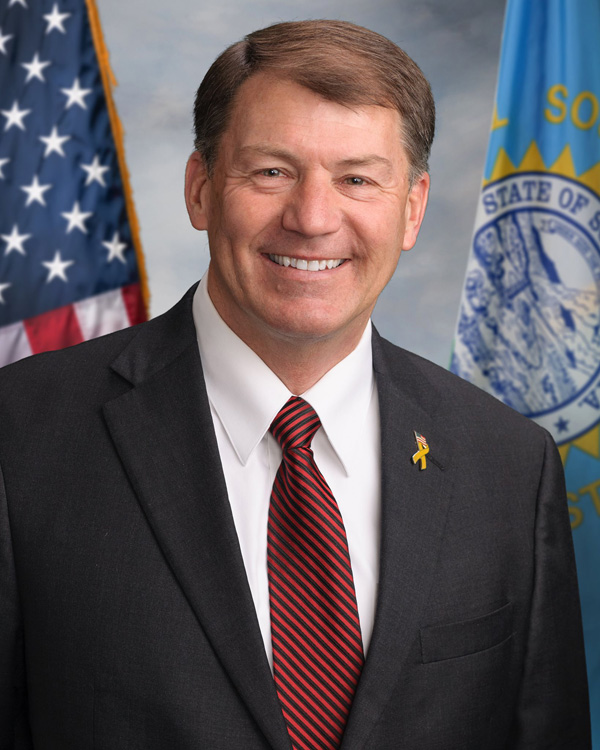Release: NFIB Urges South Dakota Lawmakers to Think Small Business in 2020
NFIB Urges South Dakota Lawmakers to Think Small Business in 2020
The South Dakota legislature will start their regular session on January 14th. As lawmakers return to Pierre, NFIB State Director Lindsey Riter-Rapp is reminding our elected officials to once again keep small business in mind this year. Small business owners create jobs and keep South Dakota’s economy running. “Here in South Dakota, as it is nationwide, small business optimism is at an all-time high. Small business owners in our state are keeping the economy strong and creating jobs,” says NFIB State Director Lindsey Riter-Rapp. “I look forward to working with lawmakers to enact positive measures to keep small business thriving in South Dakota.”
The NFIB Small Business Optimism Index rose more than 2 points in November to 104.7, which is the largest month to month gain since May 2018. The number of small business owners reporting that now is a good time for them to expand increased, as well as the number of small business owners expecting better business conditions. However, the NFIB Uncertainty Index took a dive in November to 72, which is the lowest reading since May 2018. “Owners are more closely focused on issues that directly impact their business, including the significant tax relief they were given two years ago, and they’re anxious to see that relief made permanent,” says Riter-Rapp.
While South Dakota’s Congressional delegation works on that issue in Washington D.C., there are also issues at the state level small business is keeping an eye on. The past few years, there have been efforts in the legislature to impose mandates on small business owners under a one-size fits all plan. NFIB is reminding lawmakers that small business owners are already burdened with the high cost of health care and warn that the cost of implementing more burdens on small business would result in job losses across South Dakota. An NFIB analysis on recent mandatory sick leave legislation found that across the country, 570,000 jobs would be lost, with nearly half of them coming from small businesses.
###





